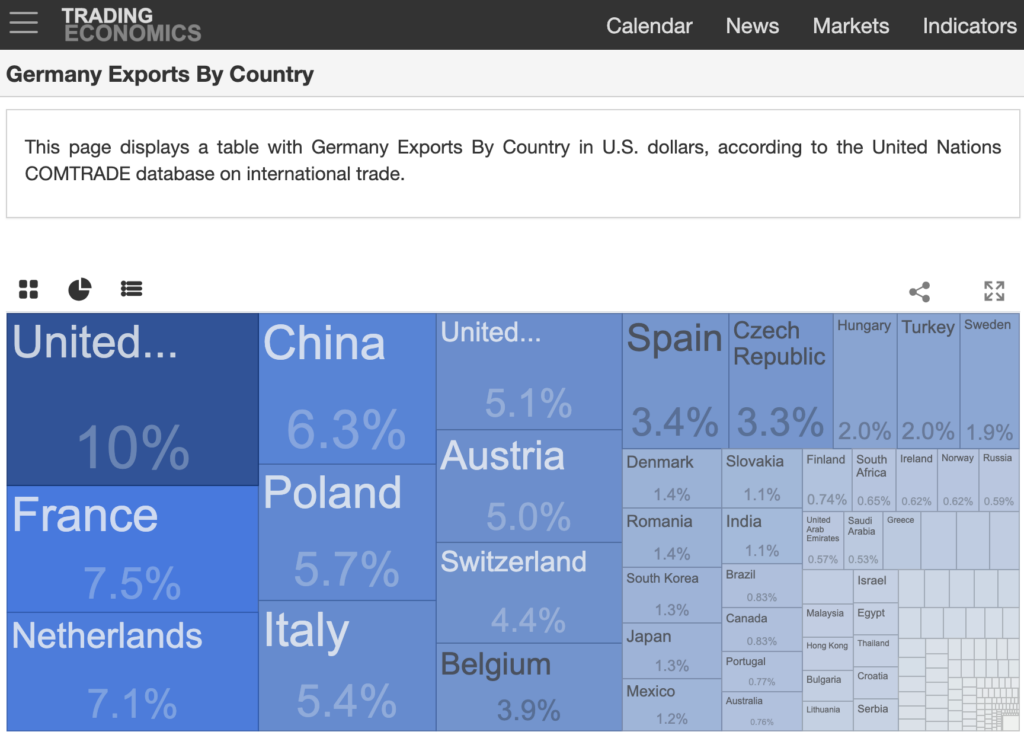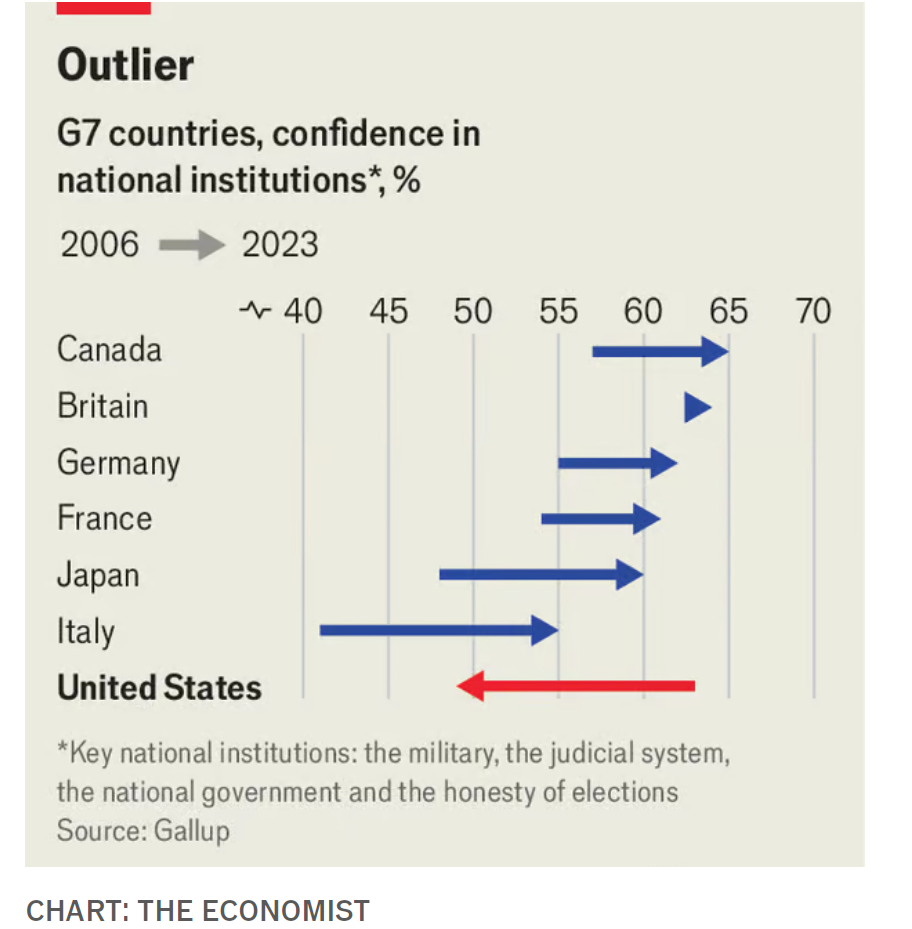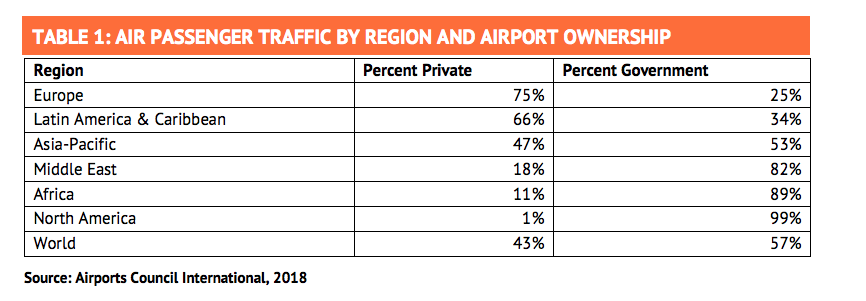Happy Memorial Day
Some messages from our current and future leaders:
A slightly off-center perspective on monetary problems.
Some messages from our current and future leaders:
In the upcoming presidential election, the issues really don’t matter at all. Nobody in their right mind believes a thing that Trump says, so it’s all guesswork as to what he will do in office. And even if I agreed with Trump 100% on “the issues” (I don’t) I’d still vote against him because he’s obviously unfit to serve.
But for the sake of argument, let’s think about the race as if the issues did matter. What do you notice? It turns out that Trump’s rhetoric has changed radically since he was first elected in 2016. At that time he was a pro-business conservative that likes to build things. Today, he’s a radical NIMBY whale hugger who opposes almost every project you can imagine:
1. He opposes the construction of apartment buildings in the suburbs.
2. He opposes solar power facilities.
3. And now he wants to destroy America’s booming offshore wind industry because it supposedly kills whales (it doesn’t.)
Donald Trump vowed to issue an executive order targeting offshore wind development if he wins a second term as president, making his most explicit threat yet toward the growing industry. . . .
“We are going to make sure that that ends on day one,” he said. “I’m going to write it out in an executive order.” . . .Developers say offshore wind is set to deliver big economic dividends — and potentially $25 billion in annual output — throughout the US, as it drives demand for specialty steel, new ships and other equipment. The same day Trump was speaking in New Jersey, a new American-built boat to service US offshore wind farms was christened in New Orleans.
4. He also wants to deport illegal migrants, who are an important part of our construction labor force.
How did Trump go from being a developer who likes putting up multifamily buildings and favors more infrastructure to a radical NIMBY environmentalist who opposes apartments and infrastructure? I suspect he is following his audience. In 2012, he was pro-immigration, but when he found out that his supporters hated immigration he switched his position. I suspect that Trump is discovering that many of his supporters are suburban NIMBYs who hate apartment buildings, wind farms and solar panels. (In the UK, the Conservatives have become the NIMBY party for similar reasons.)
Here’s something to think about. Back when Elon Musk was a moderate Democrat, he built a fantastically successful electric car company. Then for essentially unrelated reasons Musk became a far-right Republican. Now suppose that his firm made some other product, such as computer software. Suppose that he had no financial interest in EVs. Does anyone seriously doubt that in that case Musk would be on Twitter almost every single day trashing electric cars, complaining about government subsidies, and calling climate change a hoax? Those are the sort of people he now associates with on Twitter.
But in one of histories greatest ironies, Musk is stuck producing a product that primarily appeals to liberal environmentalists, even as he shifts further and further to the right. Decades from now, someone will write Musk’s biography. And it will be one of the strangest stories ever told. Almost as strange as the story of a big city developer who became a NIMBY to please his fans.
In a recent post, Tyler Cowen offers some views on a wide variety of issues. He begins with some reassuring remarks about the future of American democracy, and then offers some highly pessimistic remarks about Germany:
Meanwhile, being reasonable with your constituents is overrated. Look at Germany, which has non-ideological, non-polarized politics. They’ve gotten every decision wrong. Their whole strategy of buying cheap energy from Russia to sell to China was a huge blunder. They bet most of their economy on it, and neither of those two things will work out. They also have no military whatsoever. It’s not like, “Ok, they don’t spend enough.” They literally had troops that didn’t have rifles to train with and were forced to use broomsticks.
I see a jarring inconsistency in the analysis of the two countries. In the case of the US, I see Tyler as saying something to the effect, (my words) “Reject anecdotes about Trump, look at the deeper strength of the US political system.” But when it comes to Germany, he seems to rely heavily on some highly unreliable anecdotes about broomsticks and exports to China.
In fairness to Tyler, I imagine you could find lots of experts who agree with him about Germany. I suspect that these are largely the same experts who made these predictions in early 2022:
1. Russia would easily defeat Ukraine within a few weeks.
2. The European economy would be badly hurt by a cutoff of Russian gas.
3. Draconian sanctions on Russia would devastate their economy.
These were not predictions made by a few experts, this was the consensus view of the vast majority of pundits. And they were completely wrong about almost everything. Ukraine is still fighting, Europe did fine without Russian gas, and Russia is booming despite sanctions. Wrong, wrong, and wrong again.
So why does anyone trust experts?
I decided to check the “expert” claims that Germany has no military, and must rely on broomsticks. I found that they have one of the world’s largest militaries. (Yes, compared to Russia the figures are distorted by PPP factors, but Germany spends about the same as other big European powers, and unlike the UK and France, devotes it all to conventional forces.)

Then I checked Germany exports to China and discovered that the claim of German dependence on China was also exaggerated:

And if trade with China is a potential problem, what are we to make of the US import dependence on China:

By the way, it’s actually good to trade with potential adversaries. I’m worried about the possibility of a Chinese invasion of Taiwan, but I’d be far more worried if we did not trade with China. In that case, they’d have absolutely nothing to lose from an invasion. As it is, they still might invade, but they know that an invasion would severely damage their trade relations with the rest of the world. The recent US move away from globalization is making WWIII more likely, not less.
In the end, the truth lies somewhere between Tyler’s optimistic take on the US and his highly pessimistic take on Germany. We probably won’t become a fascist dictatorship (despite Trump’s best efforts), but that’s partly because people do worry about the situation, and resist his attempts to abolish American democracy. Germany probably won’t be conquered by Russia, but that’s partly because some Germans are increasing worried about their neighbor to the east, and they are currently ramping up their military spending to a level closer to 2% of GDP.
Don’t worry, be happy??
No: Worry, but also be happy.
1. The FT reports that we are edging ever closer to WWIII:
European intelligence agencies have warned their governments that Russia is plotting violent acts of sabotage across the continent as it commits to a course of permanent conflict with the west.
Russia has already begun to more actively prepare covert bombings, arson attacks and damage to infrastructure on European soil, directly and via proxies, with little apparent concern about causing civilian fatalities, intelligence officials believe.
And yet most of our foreign policy experts assure us that China is the real threat.
2. One option would be for Taiwan to build enough houses to match its population. Instead, Taiwan has chosen to fix its housing stock and reduce its population to match the available housing:
One way or another, Taiwan’s housing crisis will resolve itself. Currently each generation is half the size of the one before. Taiwan’s population has plateaued and is beginning to fall. In the absence of change, demand (i.e. the number of people wanting houses) will continue to fall to meet static supply, leaving another generation locked out, and with dramatic implications for Taiwan’s future.
Read the whole thing, and shake you head in disbelief.
3. Don’t beleive the hype. Biden has not decriminalized marijuana. Here’s Reason magazine:
In a campaign video directed at “young voters” that she posted on X (formerly Twitter) in February, Vice President Kamala Harris bragged that “we changed federal marijuana policy, because nobody should have to go to jail just for smoking weed.” During his State of the Union address in March, President Joe Biden said he was “expunging thousands of convictions for the mere possession [of marijuana], because no one should be jailed for simply using or have it on their record.” . . . Neither claim was accurate.
Even if Biden had the power to unilaterally decriminalize low-level marijuana possession, that step would not address today’s central cannabis issue: the conflict between federal law and the laws of the 38 states that have legalized marijuana for medical use, including two dozen, accounting for most of the U.S. population, that also allow recreational use. Resolving that conflict would require repealing the federal marijuana ban—a change that Biden has steadfastly refused to support.
4. Reason has another piece noting how the war on drugs is spreading to other areas:
And people need not know they’re involved with a minor to be guilty of child sex trafficking. A 17-year-old could post an ad online, pretend to be 19, and meet up with someone (perhaps barely over 18 himself) looking to pay another adult for sex. The person paying would be guilty of human trafficking in the first degree even if he had no reason to believe the person he paid was a minor. In fact, Alabama law specifically states that “it is not required that the defendant have knowledge of a minor victim’s age, nor is reasonable mistake of age a defense to liability under this section.” . . .
Whatever culpability should accrue to individuals in the above situations, I think most people would agree that life in prison would be too harsh. But under Alabama’s new Sound of Freedom law, a life sentence would be possible in all cases and mandatory in cases where the offender was at least 19 years old.
Here’s something to think about. Is the life sentence appropriate because a 19-year old had sex with a 17-year old? Or is the life sentence appropriate because money changed hands? And what sort of punishment would be appropriate for serial killers?
5. Over the past eight years, I’ve documented the gradual US slide toward banana republic status. But much of the evidence is highly subjective. Now The Economist has some much more specific evidence:
As far as stereotypes go, brash national self-confidence has long been a defining feature of how Americans are viewed abroad. In 2006, when Gallup first started asking Americans about their trust in key institutions, the country ranked at the top of the G7 league table, tied with Britain. In 2023, for the first time, America came last.

6. Also from The Economist:
The [Florida] state government, however, shields homeowners from the market through a state-owned insurer of last resort, which provides policies to homes that private insurers will not cover. Citizens Property Insurance Corporation has become Florida’s largest home insurer (see chart 2). Its exposure is now $423bn, much more than the state’s public debt—and all on houses that, by definition, other insurers deem too risky to cover. This suggests that Citizens has been providing a big subsidy to homeowners from taxpayers. Flood insurance underwritten by the federal government suffers from similar flaws. First Street Foundation, which aims to track the threats to American property from climate change, calculates that home values in West Palm Beach, a glitzy city up the coast from Miami, would fall by 40% if owners had to pay the true cost of insuring against hurricanes and floods. That would wipe out many homeowners’ equity and leave lots of mortgages without adequate collateral.
Will DeSantis put an end to this sort of insurance socialism? (Don’t hold your breath–he wants to ban factory meat.)
7. In the late 1950s, we were told of a “missile gap” with the Soviet Union. It turned out to be misinformation. The newest threat to US national security is a “clean Uruguayan bus gap”:
From the snazzy seats of the e14 bus in Montevideo, Uruguay’s capital, it is hard to tell that the smooth electric machine is Chinese. Only an eagle-eyed commuter would spot the tiny window sticker bearing the name of byd, a Chinese manufacturer. Enquiries as to passengers’ concerns about the bus’s Chinese origins elicit bafflement. They are a vast improvement on the deafening gas-guzzlers they replaced. The operator has just ordered 200 more. Thousands of similar buses glide through other Latin cities. But politicians in the United States fret that Latin America’s growing reliance on Chinese green technology, from electric buses to solar panels, is a problem and even a threat.
Love the phrase “elicit bafflement”. Why don’t Uruguayans see the threat?
8. A rare piece of good news:
Assisted dying, though still controversial, is no longer a fringe issue in Britain. Bills that would allow it are already moving forward in Jersey, the Isle of Man and Scotland. The leader of the Labour Party, Sir Keir Starmer, openly supports a change in the law. He has promised a free vote (in which mps are not pressed to follow a party line) on the issue in Parliament if, as expected, his party wins the next election. . . .
In recent years assisted-dying laws have been passed in countries such as Australia and New Zealand; similar bills are set to be introduced in Ireland and France. Medical opinion is shifting. Following a survey of its membership in 2021 the British Medical Association, the largest doctors’ union, changed its stance from opposition to neutrality.
BTW, it was never a “fringe issue” among the public (which has always been supportive), it was the political elites that refuse to allow people to end their suffering.
9. Just when you thought woke madness could not get any worse:
The U.S. Census Bureau wants to ask American residents about their sexual orientation and gender identity, a move seen by activists as a long-overdue form of formal recognition that happens to be coming during a time of mixed acceptance and hostility.
I’ve got a better idea. How about stop asking people about their race, ethnicity, gender, etc. Simply count the number of “persons”, both legal and illegal, and assign House seats on that basis.
10. The Reason Foundation reports that North America (mostly the US) is by far the least capitalist region when it comes to airport privatization, trailing even lowly Africa:

The arts are often viewed as being in some sense “liberal”. This could mean many different things. Art might make people more liberal. Liberals might be more likely to make art. Liberals might be more likely to appreciate art.
I don’t know enough about music to comment, but I have noticed that liberals are more likely to appreciate the visual arts. Here’s Psychology Today:
We already know from prior studies that conservatives prefer simple representational art over abstract art, traditional poetry over the avant-garde, and music that is simple, familiar, and ‘safe’.
I am not going to argue that abstract art is better than representational art—indeed most of the very best paintings are representational. Instead I’ll argue that the appreciation of abstract art is usually associated with a stronger attraction to art in general.
Consider a random sample of people that go to a museum show of abstract art, say a Klee or Kandinsky exhibit. Those people are also much more interested in representational art than the average person. They’d be far more likely to attend a representational art museum show (say Monet or Caravaggio), as compared to a random person that did not like abstract art. Abstract art is difficult, and a strong interest in abstract art is usually associated with an intense interest in the visual arts in general.
Again, I’m not arguing that abstract art is better (I like it a bit less, on average). Rather my claim is that liberals tend to have a stronger preference for the visual arts in general. I have no idea why.
When I visit coastal areas of Orange County, I notice that liberal areas tend to have more tasteful architecture than conservative areas, at least for newly constructed homes. (Say sleek mid-century moderns vs. overstuffed garish McMansions.) Of course there are plenty of exceptions. And both groups like beautiful older homes.
This tweet caught my eye:

I suspect that Stein is just trolling (although he’s right about the bad public policies, apart from some social issues). Seth’s hypothesis is less silly, but is still clearly wrong.
Lap Gong Leong uses the term “leftist”, but the more appropriate term is “liberal”. I consider myself a right wing liberal, and my two favorite US cities are San Francisco and Seattle. I find much of California to be attractive, whereas Florida is flat, ugly and depressing. I’m willing to take a big hit to my living standards in order to live in a place that I find beautiful.
But that’s just me. I’m not trying to suggest that people with different tastes are wrong. For example, I can easily understand why most people prefer exciting superhero films over more “artsy” films that use Mark Lee or Christopher Doyle as cinematographer. Nonetheless, when I attend art galleries or art films it’s pretty obvious to me that I’m mostly surrounded by liberals. So why wouldn’t we expect liberals to pay a premium to live in beautiful places? They care more visual aesthetics.
And again, there are plenty of exceptions—indeed millions of them. So stop whining.